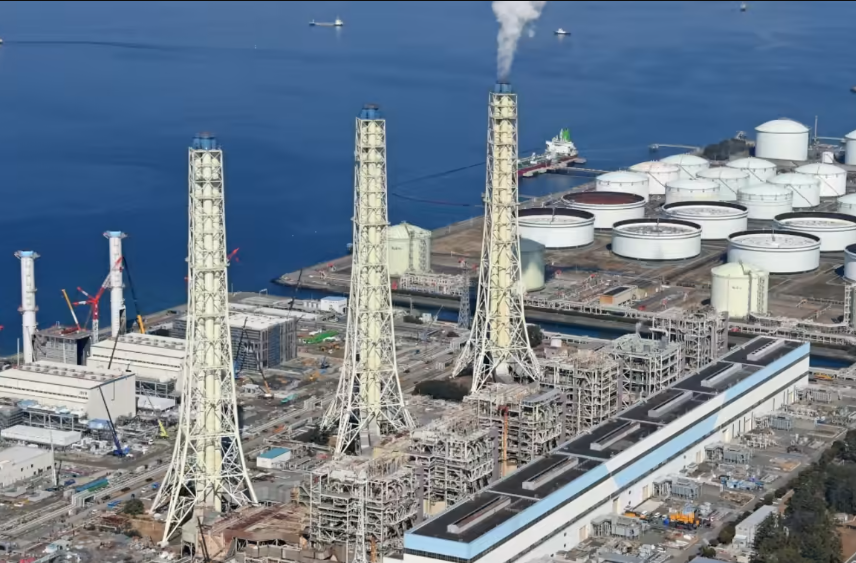Japan is facing a challenge to ensure a stable energy supply amid the US sanctions on Russia, which is one of its major sources of oil, gas, and coal. The US imposed the sanctions on September 24, 2023, in response to Russia’s continued aggression against Ukraine and its interference in the 2023 US presidential election. The sanctions prohibit the import of Russian energy products and new investments in the Russian energy sector by US persons and entities.
Japan relies on imports for about 94% of its primary energy supply, and Russia is its fourth-largest supplier after Saudi Arabia, Australia, and Qatar. In 2022, Japan imported about 10% of its crude oil, 8% of its liquefied natural gas (LNG), and 20% of its coal from Russia. Japan also has several joint projects with Russia in the energy sector, such as the Sakhalin oil and gas fields and the Arctic LNG 2 project.
Japan’s Minister of Economy, Trade and Industry (METI), Hiroshi Kajiyama, said on September 25 that Japan will closely monitor the impact of the US sanctions on its energy security and take appropriate measures to ensure a stable supply. He also said that Japan will continue cooperating with the US and other allies to support Ukraine’s sovereignty and territorial integrity.
According to experts, Japan has some options to cope with the potential disruption of its energy supply from Russia. One option is to increase its imports from other countries, such as the Middle East, Southeast Asia, and North America. Another option is to diversify its energy sources by expanding its use of renewable energy, nuclear energy, and hydrogen. A third option is reducing its energy demand by improving energy efficiency and conservation.
However, these options also have some challenges and limitations. For instance, increasing imports from other countries may raise the cost and risk of transportation, especially in the case of geopolitical instability or natural disasters. Diversifying energy sources may require more investment, technological innovation, public acceptance, and environmental considerations. Reducing energy demand may affect the economic growth and social welfare of Japan.
Therefore, Japan needs to balance its short-term and long-term goals in its energy policy, as well as its national interests and international obligations. Japan also needs to maintain a good relationship with Russia, which is an important energy partner and a key player in regional security and cooperation.
The US sanctions on Russia are expected to last until Russia changes its behavior and respects the international norms and rules. Until then, Japan will have to adapt to the changing energy landscape and seek new opportunities and solutions for its energy security.
Source: Reuters



